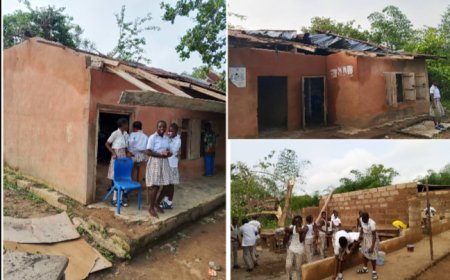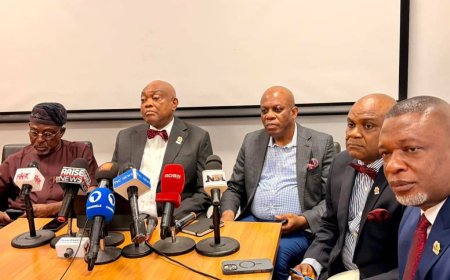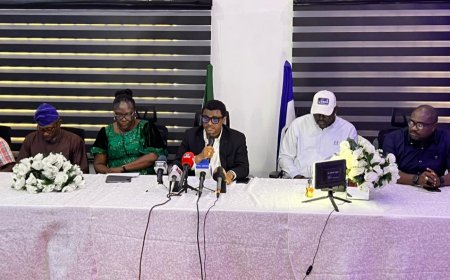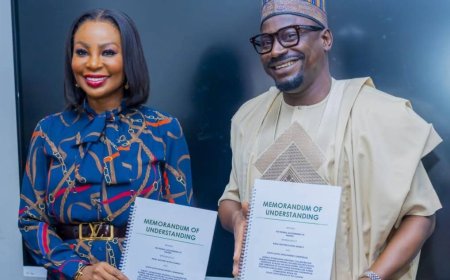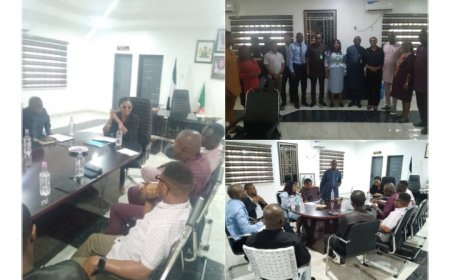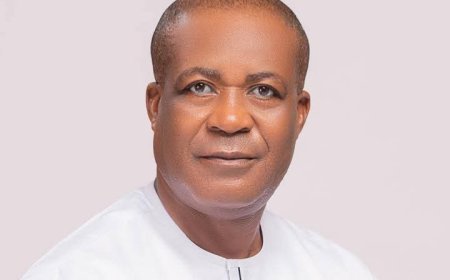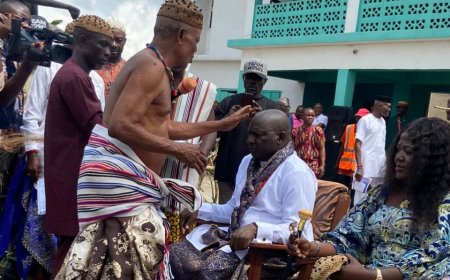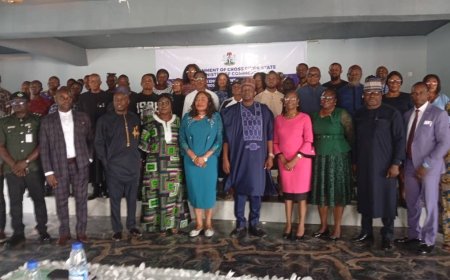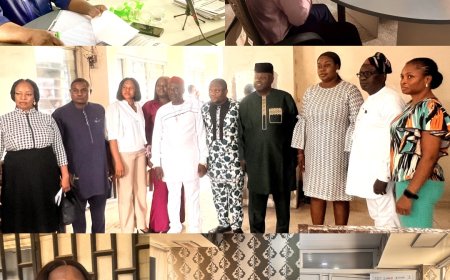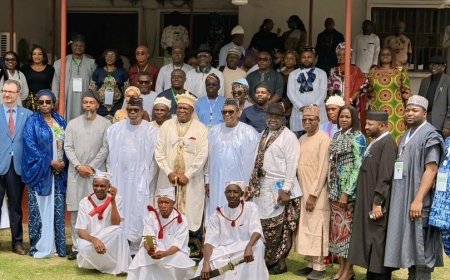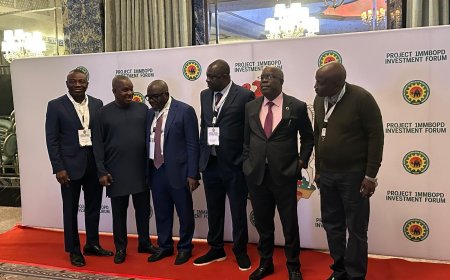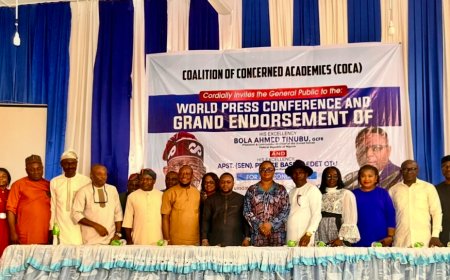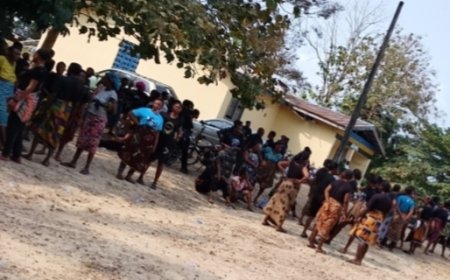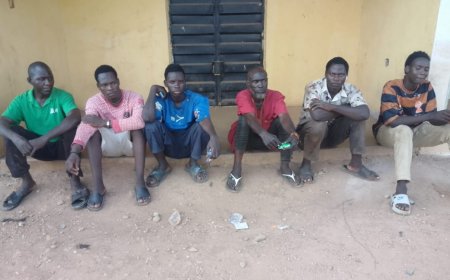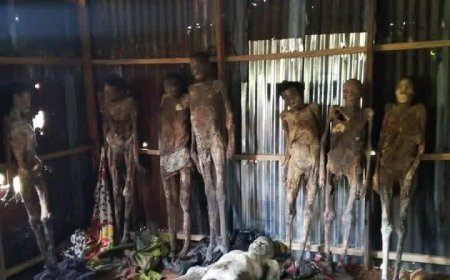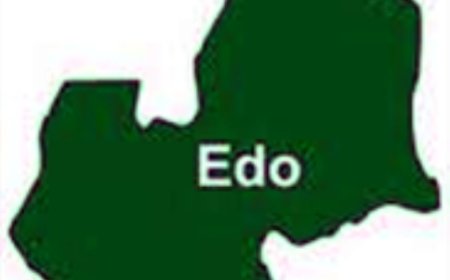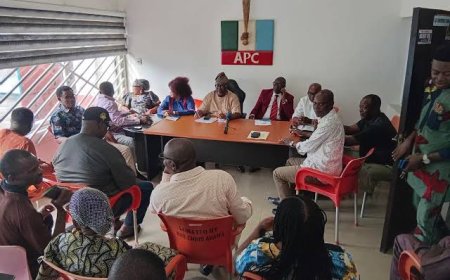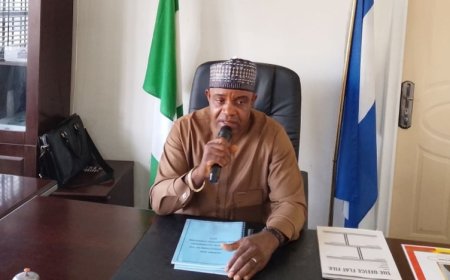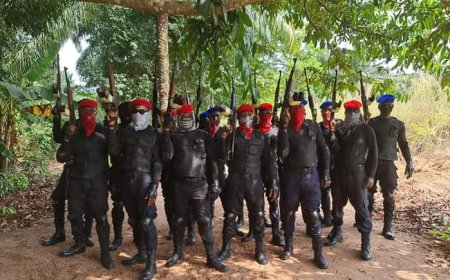MARINE ECONOMY: THE UNTAPPED WEALTH OF CROSS RIVER’S WATERWAYS
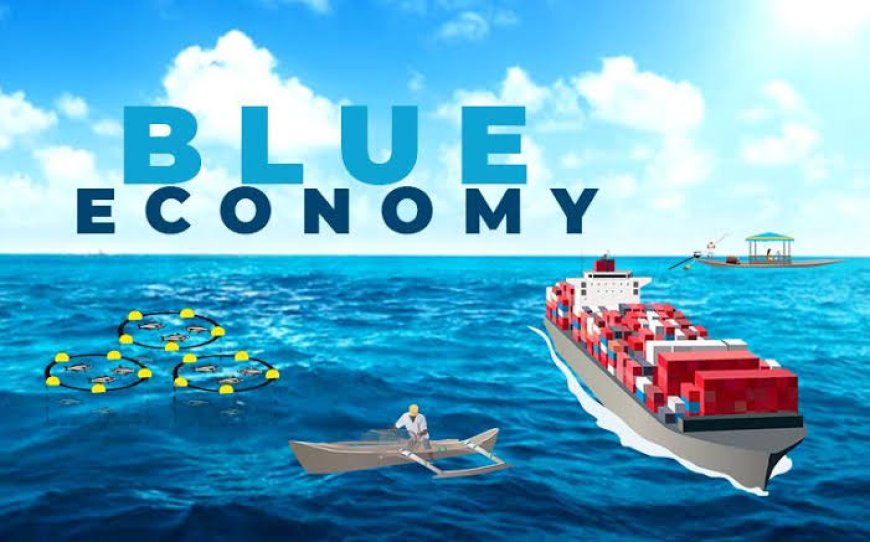
Anthony EKPO BASSEY
“Water” they say, “has no enemy,” and truly, for Cross River State, it ought to have been one of our closest allies by now. Strictly speaking, not only for sustenance but for sustainable income. With its vast network of rivers, creeks, and a thriving coastline, the state is blessed with what many inland regions can only dream of: access to the blue economy. Yet, like gold buried in sand, this blessing remains largely dormant.
From Calabar’s historic marina to the winding waters of Bakassi, Oron, and the Cross River itself, lies a treasure trove of revenue opportunities namely, marine transport, fisheries, boatbuilding, eco-tourism, and waterway logistics. But sadly, these assets have been sailing without a captain. In view of this, Cross River must steer the ship of its marine potentials before other coastal states sail far ahead.
Think of what well-developed water transport could mean: less pressure on road infrastructure, faster movement of goods and people, and cheaper logistics for businesses. Moreover, waterfront infrastructure such as docks, piers, and ferries, can also create employment, enhance tourism, and attract private investments. This is not merely about boats and canoes but also about serious business: maritime academies, fishing cooperatives, small cruise tourism, and aquaculture parks.
Fortunately, Cross River is uniquely positioned to become a marine and inland waterways hub in the South-South region. But without deliberate policy action, we risk turning a mighty river into a trickling stream of lost chances. As the elders say, “a river that forgets its source will soon run dry.”
Another overlooked revenue gem is commercial fishing and aquaculture. While local fishermen still cast their nets with hope and hardship, a more structured fishery economy could feed both the people and the treasury. Training, equipping, and supporting fishing communities with cold-chain logistics and access to markets could create ripples of revenue across the state. We could even export shrimp, catfish, and tilapia in large volumes. After all, “you don't wait for the wind when you know how to row.”
The tourism potential is equally exciting. River cruises, mangrove kayaking, floating restaurants, and waterfront resorts could make Calabar and nearby towns a top destination, not only during December. It is not a far-fetched dream. It only needs vision, investment, and political will. Cross River does not need to reinvent the wheel; it just needs to get on the boat.
In modest submission, let this serve as a clarion call to the state government: don’t let our rivers flow in vain. The marine economy is not only viable, it is vital. The world is already pivoting toward sustainable blue growth. If we act now, Cross River can ride the wave and not be left paddling behind.
After all, “a canoe does not know who the leader is; it moves forward only when everyone paddles.” It is time for government, communities, and private partners to paddle together towards progress, prosperity, and purposeful use of our God-given waters.
